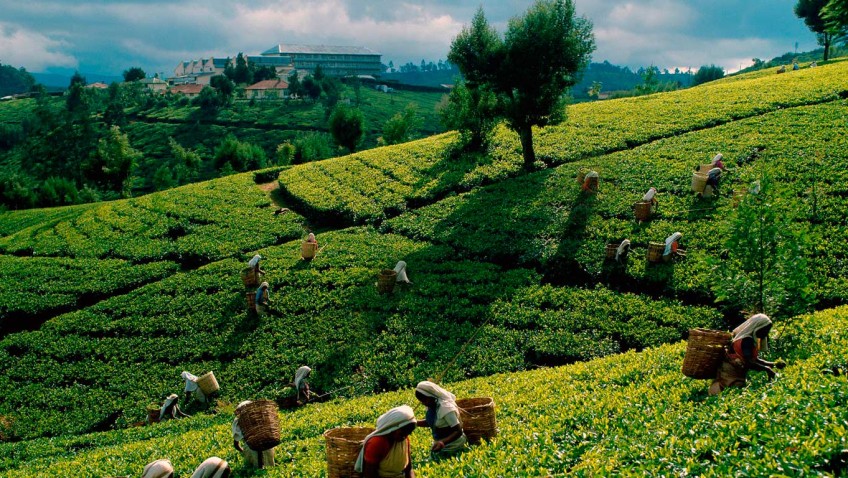No holiday is complete without souvenirs to take home as a memento or to buy as gifts. While there are typical tourist souvenirs like local T-shirts printed with elephants, Sri Lanka has some distinctive souvenirs to enjoy and to treasure.
- Pure Ceylon Tea
Sri Lanka is the origin of Pure Ceylon Tea, acclaimed as the best in the world. The best Ceylon teas are known as “High Grown” coming from plantations at heights above 1,200m. For the sophisticated tea drinker, Orange Pekoe (OP), a long leaf tea from Uva or Nuwara Eliya, will thrill with its sublime subtlety of flavour when drunk without milk. For tea to drink with milk and sugar, look for Broken Orange Pekoe (BOP) or for a more robust taste, buy Fannings or Dust.
Tea can be bought direct from tea factories such as Labookelie, some170 km from Colombo on the road between Kandy and Nuwara Eliya. There are several specialist shops in Colombo selling brand name teas in a variety of attractive packaging. The Sri Lanka Tea Board has a sales centre of all Ceylon Tea brands at 574 Galle Road, Colombo 3, open from 09.00 to 19.00 except Sundays and Poya Days.
- Exotic Spices
It was spices that first drew the attention of Western countries to the then Ceylon, with cinnamon being the most prized souvenir, and export. Today cinnamon is grown mostly in the lowland coastal areas from Kalutara to Matara.
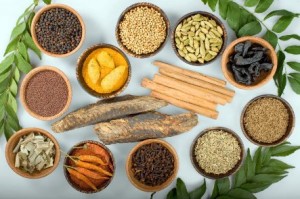 Cinnamon quills are rolled from the dried bark of the indigenous tree Cinnamomum zeylanicum, and cinnamon can also be obtained in powder form. A bunch of the quills make a marvellous décor statement in a reed basket in any kitchen, as well as providing a source of flavour for meat and even sweet dishes.
Cinnamon quills are rolled from the dried bark of the indigenous tree Cinnamomum zeylanicum, and cinnamon can also be obtained in powder form. A bunch of the quills make a marvellous décor statement in a reed basket in any kitchen, as well as providing a source of flavour for meat and even sweet dishes.
Sri Lanka’s ground fresh black pepper corns add zest to cooking. The country’s cloves can be chewed as a breath freshener as well as used to spice up meat dishes. Nutmeg, mace and pungent cardamom are also part of Sri Lanka’s spicy heritage.
Spices can be bought in Spice Gardens along some of the main tourist routes but the practical shopper can find packets of various spices at much cheaper prices in branches of major supermarkets, like Keells.
- Fresh Cashew Nuts
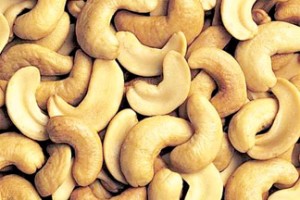 Cashew nuts grown here are plump and full of flavour and can be bought at supermarkets and specialists shops in Colombo and at the airport, but the fun place to buy cashews is just after Pasyala, at 44km from Colombo on the A1 highway to Kandy.
Cashew nuts grown here are plump and full of flavour and can be bought at supermarkets and specialists shops in Colombo and at the airport, but the fun place to buy cashews is just after Pasyala, at 44km from Colombo on the A1 highway to Kandy.
There, village belles in colourful blouses with bare midriffs and ankle-length wraparound skirts, offer shelled and roasted cashews at dozens of stalls beside the road. This hamlet is called Cadjugama (cadju is the Sinhala for cashew).
- Genuine Gems
Sri Lanka has a long history as the source of precious gems and one of the many names for the country was Ratnadipa, island of gems. A great ruby given to the Queen of Sheba by King Solomon came from this island, as did the 400 carat blue sapphire in the British crown.
The most popular gem is the blue sapphire since the ruby has gone out of fashion. Other gems to be found include alexandrite, amethyst, aquamarine garnet, quartz, spinel, topaz, tourmaline, zircon and the attractive cat’s eye. No emeralds or diamonds originate here although imported diamonds are cut and polished for export.
If you have no knowledge of gems, buy from a gem merchant and jeweller in your hotel to make certain of its authenticity. Its genuineness can be checked, free of charge, at the National Gem & Jewellery Authority at 25 Galle Face Terrace, Colombo 3 (www.srilankagemautho.com). Local jewellers can create settings to your design or from patterns to make a souvenir to last for ever.
- Coconut Cutlery
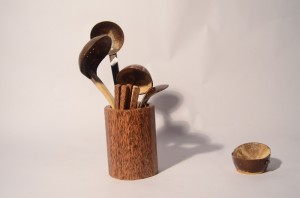 You will find household items such as spoons, cups and even ashtrays made out of coconut in some of the trendy stores in Colombo, but they will be much cheaper if you look for them in village hardware stores, which is where locals buy them. Hand-made out of sanded coconut shell with painted wooden handles, coconut cutlery makes a wonderful talking-point at the dinner table.
You will find household items such as spoons, cups and even ashtrays made out of coconut in some of the trendy stores in Colombo, but they will be much cheaper if you look for them in village hardware stores, which is where locals buy them. Hand-made out of sanded coconut shell with painted wooden handles, coconut cutlery makes a wonderful talking-point at the dinner table.
- Hand-carved Masks
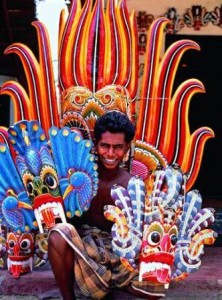 For a provocative interior design statement, take home a hand-carved mask as an unusual souvenir. Mask carving is a traditional craft of the West Coast, at Ambalangoda, 83km south of Colombo. These amazing masks are used in folk dance rituals practised in the low country.
For a provocative interior design statement, take home a hand-carved mask as an unusual souvenir. Mask carving is a traditional craft of the West Coast, at Ambalangoda, 83km south of Colombo. These amazing masks are used in folk dance rituals practised in the low country.
The masks are carved out of wood that is light enough to be worn throughout a nightlong dance performance. Each mask is painted in vibrant colours and shaped with symbols according to what demon it is supposed to frighten away. Hung on a wall at home, they are brightly evocative of the traditions of Sri Lanka.

